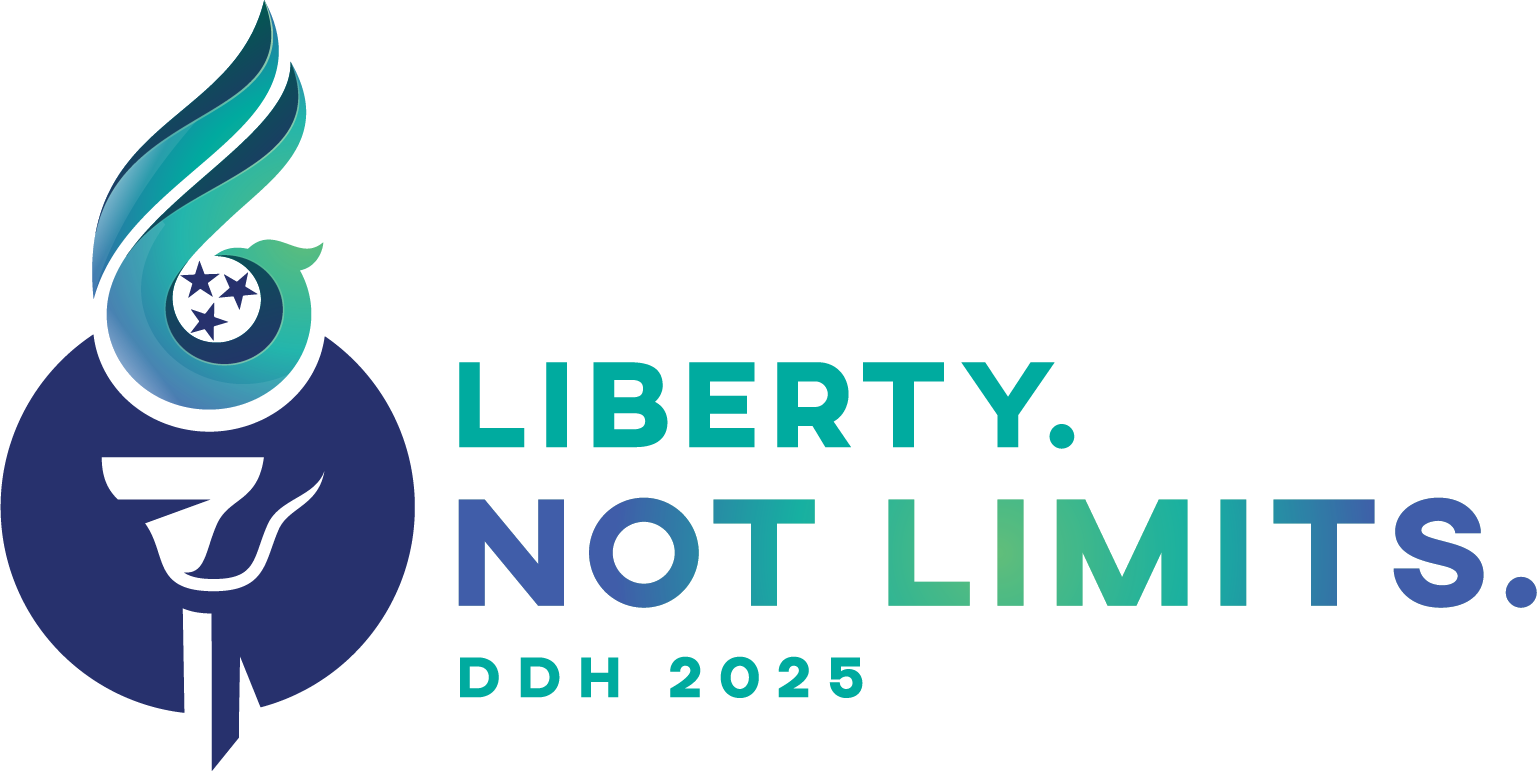
TDC's 2025 Policy Priorities
Freedom for Family Caregiving Act - Paid Family Caregiving: Part 1 - (HB712 / SB1178)
For years, TennCare has effectively prohibited the payment of family caregivers for the care they provide to their loved one with a disability – both through formal and informal means – even when the state has failed to provide promised home- and community-based services. This discriminatory practice has exacerbated the workforce crisis, heaped substantial responsibility for care onto family members and actively harmed Tennesseans with disabilities and their loved ones.
This bill would prohibit TennCare from creating policies that discriminate against family caregivers in the ability for local provider agencies to hire them as Direct Support Workers (DSP’s). The bill also requires TennCare to compile and publicly share a document that outlines the procedure for provider agencies to hire and supervise family caregivers. Essentially, the bill creates a reliable pathway for a family member – including parents – to be paid for providing care to a loved one with a disability.
The goal of this legislation is to provide some degree of financial relief to family caregivers, while ending a discriminatory hiring prohibition. This also sets the stage for “Part 2” legislation next year, which would provide opportunities for family caregivers to gain care skills, or certify existing care skills, and receive appropriate compensation for that work.
The Freedom for Family Caring Act Policy Video
TennCare Network Reporting Reform - (HB711 / SB706)
Currently, TennCare must report the quality of their provider network – doctors and specialists who treat patients enrolled in a TennCare program – based on several outdated and misleading indicators. These data points are things like the amount of time it takes a person to drive to a providers office or the distance between a TennCare enrollee and a TennCare provider. These statistics do not account for the actual care, supports and services that a person receives, only whether or not a provider is within the required time and distance standard.
This means that many TennCare members – those in ECF CHOICES or CHOICES or Katie Beckett, for example – may live in an area where they cannot access necessary care or home-and community-based services (HCBS) or long-term supports and services (LTSS). However, because TennCare reports network adequacy using outdated metrics, it appears as though TennCare has done enough to ensure that member has access to care. This leads to long wait times for appointments, services promised by the state that never arrive and negative outcomes for people with disabilities.
This bill would change the network adequacy reporting standard from the supply side – time and distance between members and providers – to the demand side – if people are actually able to receive the care and services that are promised to them. The bill would require TennCare to publicly report percent service utilization (what percent of promised services did members actually get), time between approval for a service and delivery of that service, and appointment wait times. The data is also required to be broken down by county, TennCare program and demographics.
The goal of this legislation is to highlight the fact that many TennCare enrollees do not actually receive the extent of services promised to them by the state. By bringing to light what we anecdotally know to be an inadequate provider network, the disability community and our allies can push TennCare to do more to improve the provider network and thus, improve access to care and services.
TennCare Network Reporting Reform Policy Video
Katie Beckett Part A HRA - (HB1158 / SB1053)
As part of its design, the Katie Beckett program is broken into two parts: Part A and Part B. Part B is considered a “Medicaid Diversion” program, which offers enrollees $10,000 to help pay for home- and community-based services (HCBS). These funds are utilized via a Health Reimbursement Account (HRA) – a member buys and item under the program, sends in a receipt, and is reimbursed for the expense, up to $10,000.
Part A enrollees receive up to $15,000 in home- and community-based “wraparound” services, but these are administered differently from the funds in Part B. Part A enrollees must go through a Managed Care Organization (MCO) like Blue Cross Blue Shield, Wellpoint or UnitedHealthCare to purchase HCBS items. Since the beginning of the Katie Beckett program in Tennessee, this process has shown itself to be difficult, wasteful and unhelpful.
This bill would change how Part A enrollees are able to utilize their HCBS funding, from MCO to HRA. We believe that this would allow families far greater flexibility in making choices about the care of their loved one with a disability, and would allow them to use their HCBS funds in more effective and efficient ways. It is also possible that this bill contains other “fixes” for issues in both Part A and Part B of the Katie Beckett program. Any further policies included in this bill would be at the discretion of the legislative sponsors.
Katie Beckett Part A HRA Policy Video
In this webinar, TDC's Director of Public Policy, Jeff Strand, discusses the current state of the legislature, TDC's 2025 policy priorities, and things folks should know heading into Disability Day on the Hill 2025.
Get Breaking Disability Policy Updates in Tennessee
Fill out the form below to join our email list and stay connected.
Text TEAMWORK to 72690
to get policy updates and alerts sent straight to your phone.
*Msg and Data rates may apply. Avg 1-4/msg per week. Reply HELP for help or STOP to cancel.